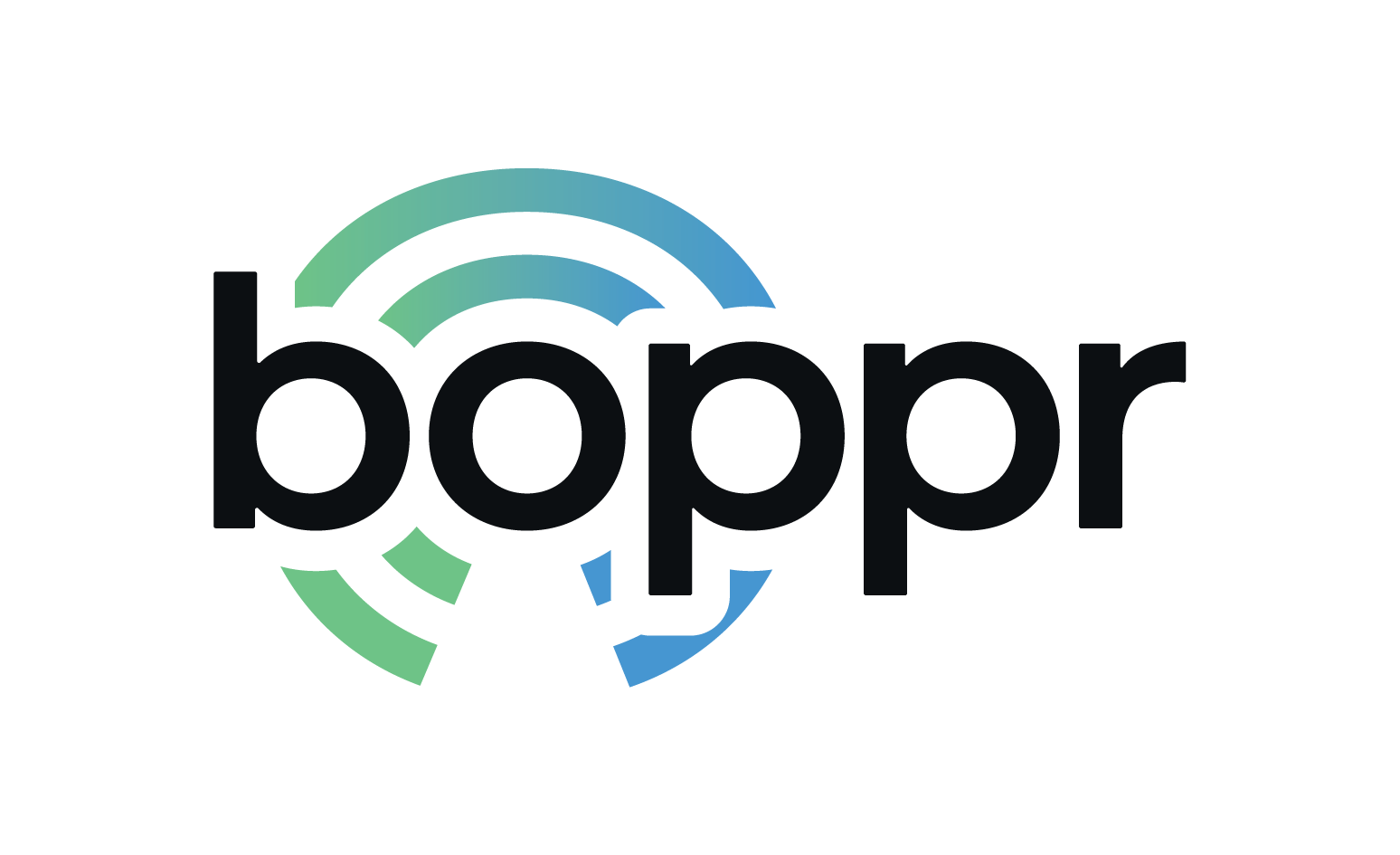No products in the cart.
Business
How to Develop a Successful Content Marketing Strategy
Content marketing is a powerful tool for businesses to reach their target audience and build relationships with them. It is a great way to engage customers and build brand loyalty. Developing a successful content marketing strategy is essential for any business that wants to succeed in today’s digital world. A successful content marketing strategy should include a clear plan, a well-defined target audience, and a variety of content types. It should also include a plan for measuring success and tracking progress. In this article, we will discuss how to develop a successful content marketing strategy. We will cover topics such as defining your target audience, creating content, and measuring success. By the end of this article, you should have a better understanding of how to develop a successful content marketing strategy.
How to Create a Content Marketing Strategy That Drives Results
Creating a content marketing strategy that drives results requires careful planning and execution. To ensure success, it is important to understand the goals of the strategy, the target audience, and the types of content that will be used.
First, it is important to define the goals of the content marketing strategy. These goals should be specific and measurable, such as increasing website traffic, generating leads, or increasing brand awareness. We advise utilizing all social medias and displaying them all in one place by utilizing the Boppr App Once the goals are established, it is important to identify the target audience. This includes understanding the demographics, interests, and needs of the audience.
Next, it is important to determine the types of content that will be used. This includes blog posts, videos, podcasts, infographics, and other forms of content. It is important to create content that is relevant to the target audience and that will engage them.
Once the content types have been determined, it is important to create a content calendar. This will help to ensure that content is created and published on a regular basis. It is also important to create a content promotion plan. This includes using social media, email marketing, and other channels to promote the content.
Finally, it is important to measure the success of the content marketing strategy. This includes tracking website traffic, leads generated, and other metrics. This will help to identify areas of improvement and ensure that the content marketing strategy is successful.
By following these steps, it is possible to create a content marketing strategy that drives results. With careful planning and execution, it is possible to create content that engages the target audience and drives results.
How to Identify Your Target Audience and Create Content That Resonates
Identifying your target audience is an essential step in creating content that resonates with them. Knowing who your audience is and what they want to hear will help you create content that is both engaging and effective. Here are some tips to help you identify your target audience and create content that resonates with them.
1. Research Your Audience: Before you can create content that resonates with your audience, you need to know who they are. Research your target audience by looking at demographic data, such as age, gender, location, and interests. This will help you understand who your audience is and what they are looking for.
2. Understand Your Audience’s Needs: Once you have identified your target audience, it’s important to understand their needs. What do they want to learn? What problems are they trying to solve? Knowing the answers to these questions will help you create content that is tailored to their needs.
3. Create Engaging Content: Once you know who your audience is and what they need, you can start creating content that resonates with them. Make sure your content is engaging and interesting. Use visuals, videos, and other multimedia elements to make your content more engaging.
4. Monitor Your Results: Once you have created content, it’s important to monitor the results. Track the engagement and response to your content to see what resonates with your audience and what doesn’t. This will help you refine your content and create more effective content in the future.
By following these tips, you can identify your target audience and create content that resonates with them. Knowing who your audience is and what they need will help you create content that is both engaging and effective.
How to Leverage Social Media to Promote Your Content
Social media is an invaluable tool for content promotion. It can help you reach a wider audience, increase engagement, and build relationships with potential customers. Here are some tips to help you leverage social media to promote your content:
1. Create a Social Media Strategy: Before you start promoting your content, it’s important to create a social media strategy. This should include a plan for which platforms you will use, how often you will post, and what type of content you will share.
2. Share Your Content: Once you have a strategy in place, it’s time to start sharing your content. Make sure to post regularly and use relevant hashtags to increase visibility.
3. Engage With Your Audience: Social media is a great way to engage with your audience. Respond to comments, ask questions, and share other people’s content to build relationships.
4. Use Paid Advertising: Paid advertising can help you reach a larger audience and increase engagement. Consider using platforms like Facebook Ads or Twitter Ads to promote your content.
5. Track Your Results: Finally, it’s important to track your results. Use analytics tools to measure the success of your campaigns and adjust your strategy accordingly.
By following these tips, you can leverage social media to promote your content and reach a wider audience.
How to Measure the Success of Your Content Marketing Efforts
Measuring the success of your content marketing efforts is essential for understanding the impact of your campaigns and for making informed decisions about future strategies. Here are some key metrics to consider when evaluating the success of your content marketing efforts:
1. Reach: How many people have seen your content? This can be measured by tracking the number of views, shares, and impressions your content has received.
2. Engagement: How many people are interacting with your content? This can be measured by tracking the number of likes, comments, and shares your content has received.
3. Conversion: How many people are taking action after viewing your content? This can be measured by tracking the number of leads, sales, and sign-ups your content has generated.
4. ROI: What is the return on investment of your content marketing efforts? This can be measured by tracking the cost of creating and distributing your content, and comparing it to the revenue generated from your content.
By tracking these metrics, you can gain valuable insights into the effectiveness of your content marketing efforts and make informed decisions about future strategies.
Tips for Creating Engaging Content That Drives Traffic and Conversions
1. Focus on Quality: Quality content is essential for driving traffic and conversions. Make sure your content is well-researched, accurate, and engaging.
2. Use Visuals: Visuals such as images, videos, and infographics can help make your content more engaging and easier to digest.
3. Optimize for SEO: Optimizing your content for search engines can help you reach more people and drive more traffic to your website.
4. Use Headlines and Subheadings: Headlines and subheadings can help break up your content and make it easier to read.
5. Incorporate Calls to Action: Calls to action can help encourage readers to take the next step and convert.
6. Promote Your Content: Promoting your content on social media and other channels can help you reach more people and drive more traffic.
7. Monitor and Analyze Your Results: Monitor and analyze your results to see what’s working and what’s not. This can help you refine your content and improve your results.
Q&A
Q1: What is content marketing?
A1: Content marketing is a strategic marketing approach focused on creating and distributing valuable, relevant, and consistent content to attract and retain a clearly defined audience — and, ultimately, to drive profitable customer action.
Q2: What are the key elements of a successful content marketing strategy?
A2: The key elements of a successful content marketing strategy include: setting clear goals and objectives; creating a content plan; developing content that is valuable, relevant, and consistent; optimizing content for search engines; and measuring and analyzing results.
Q3: How do I create a content plan?
A3: To create a content plan, you should first identify your target audience and their needs. Then, create a content calendar that outlines the topics, formats, and channels you will use to reach your audience. Finally, create a workflow process to ensure that content is created, reviewed, and published on time.
Q4: How do I optimize content for search engines?
A4: To optimize content for search engines, you should use relevant keywords throughout your content, create descriptive titles and meta descriptions, and use internal and external links. Additionally, you should ensure that your content is well-structured and easy to read.
Q5: How do I measure and analyze the results of my content marketing strategy?
A5: To measure and analyze the results of your content marketing strategy, you should track key metrics such as website traffic, leads generated, and conversions. Additionally, you should use tools such as Google Analytics to gain insights into how users are engaging with your content.
Conclusion
Content marketing is an essential part of any successful marketing strategy. It allows businesses to reach their target audience, build relationships, and increase brand awareness. By creating a content marketing strategy that is tailored to the needs of your target audience, you can ensure that your content is engaging, relevant, and effective. Additionally, by leveraging the right tools and techniques, you can measure the success of your content marketing efforts and make adjustments as needed. With a well-thought-out content marketing strategy, you can create content that resonates with your target audience and drives results.





